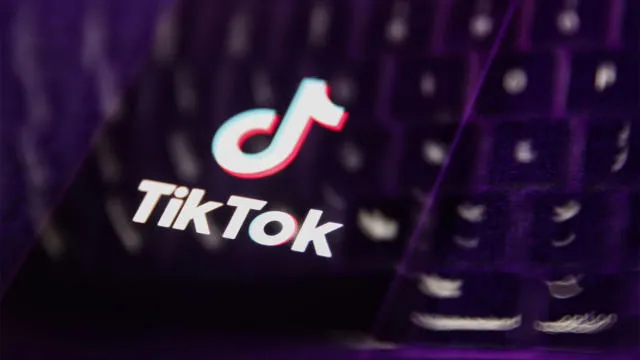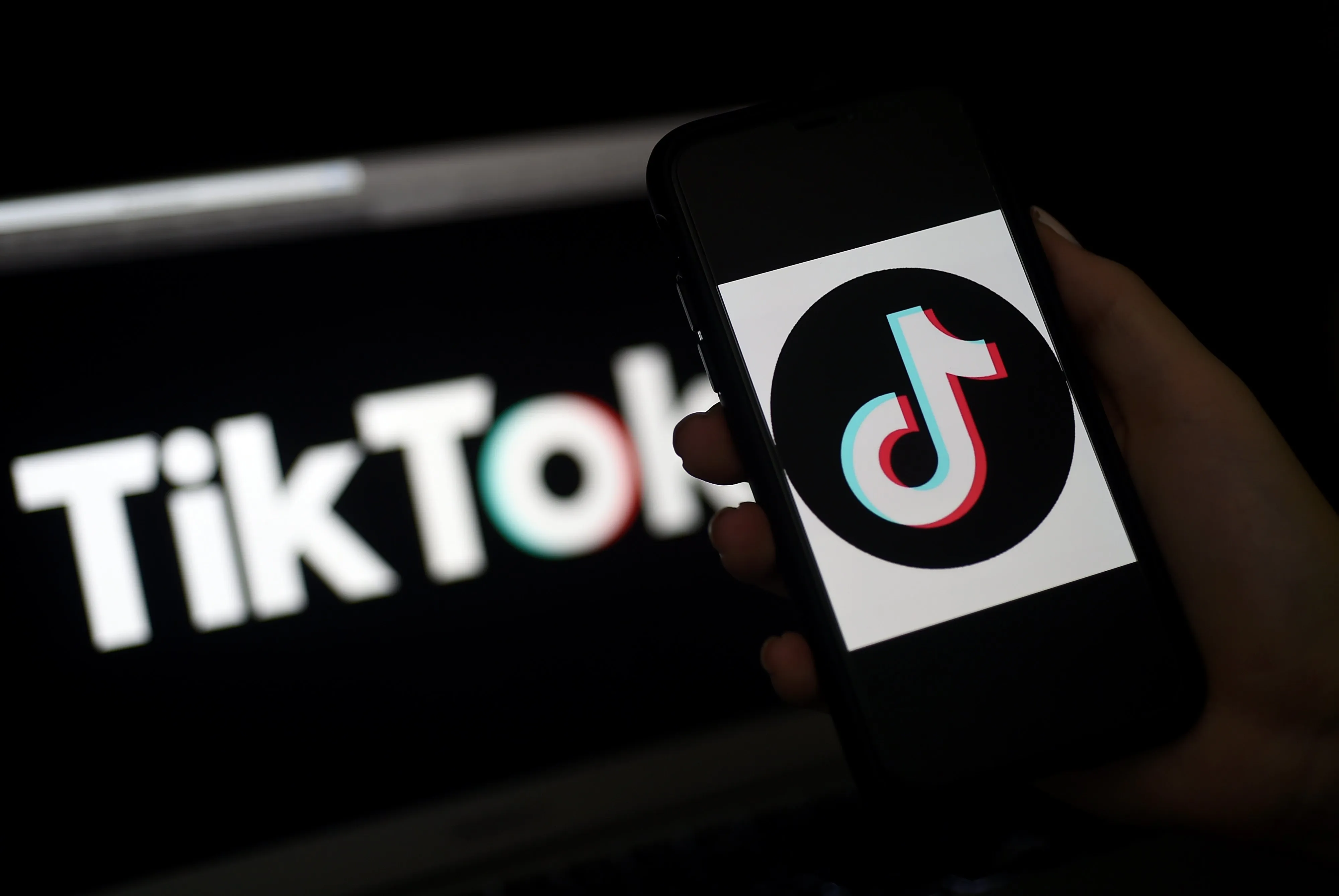DOJ Sues TikTok and ByteDance for Alleged Child Privacy Violations

DOJ Sues TikTok and ByteDance for Alleged Child Privacy Violations
The U.S. Department of Justice (DOJ) has launched a lawsuit against TikTok and its parent company, ByteDance, for allegedly failing to protect children’s privacy on the popular social media app. The lawsuit claims that TikTok has been violating the Children’s Online Privacy Protection Act (COPPA) by collecting and retaining data from millions of American children under the age of 13 without obtaining parental consent.

The DOJ argues that TikTok has been allowing children to create regular accounts, enabling them to share videos and messages with adults and other users on the platform. This has resulted in the collection of personal information from these young users without the necessary parental permission. The lawsuit is supported by the Federal Trade Commission (FTC), which has stated that TikTok’s actions represent “massive-scale invasions of children’s privacy.”
FTC Chair Lina Khan emphasized the gravity of the situation, stating, “TikTok knowingly and repeatedly violated kids’ privacy, threatening the safety of millions of children across the country.” The FTC is seeking significant penalties, potentially up to $51,744 per violation per day, which could amount to billions of dollars if TikTok is found liable.
In response, TikTok has expressed disagreement with the allegations, claiming that many of the issues cited in the lawsuit pertain to past events and practices that have already been addressed. A spokesperson for TikTok said, “We are proud of our efforts to protect children, and we will continue to update and improve the platform.” The company also noted that it had been collaborating with the FTC for over a year to address these concerns and expressed disappointment that the agency chose litigation over continued cooperation.
The lawsuit is the latest in a series of actions taken by the U.S. government against TikTok and ByteDance, reflecting ongoing concerns that the company collects vast amounts of data on American users and potentially shares it with the Chinese government. Additionally, there are fears that TikTok’s content algorithms might influence users in harmful ways.

TikTok has faced similar scrutiny and penalties outside the U.S. Last year, the company was fined by both the European Union and the United Kingdom for mishandling children’s data. The platform, which boasts approximately 170 million users in the U.S., is also currently challenging a new law that would force ByteDance to divest TikTok’s U.S. assets by January 19 or face a ban.
Adding to the regulatory pressures, the U.S. Senate recently passed a bill that seeks to extend COPPA protections to cover teenagers up to the age of 17. This bill aims to ban targeted advertising to kids and teens and grant parents and children the option to delete their information from social media platforms. For the bill to become law, it still needs to pass in the Republican-controlled House, which is on recess until September.
The ongoing legal and regulatory battles highlight the complex challenges that come with balancing innovative technology and user engagement with privacy and safety, especially for vulnerable young users. As TikTok continues to navigate these issues, the outcomes of these legal actions will likely have significant implications for the company’s operations and its millions of users worldwide.



